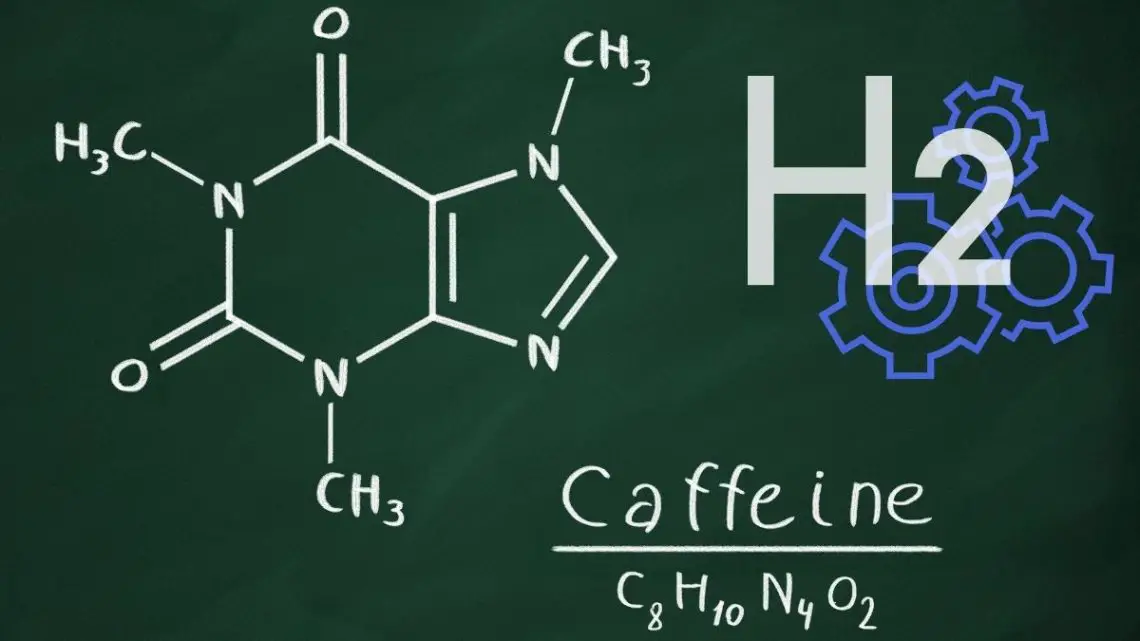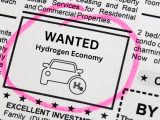
Hydrogen fuel cells get more efficient from a dose of caffeine too
April 22, 2024People aren’t the only ones whose performance can benefit from being caffeinated
New research has shown that by adding caffeine to hydrogen fuel cells, efficiency can improve, reducing the need for platinum in their electrodes.
Platinum is an expensive rare metal, so requiring less reduces overall cost
When less platinum is required to produce efficient hydrogen fuel cells, the cost associated with making them is significantly reduced, said Japanese researchers. In fact, the requirement for rare metals is among the to challenges faced in the effort to keep the cost of using H2 within an affordable range.
Researchers from the Chiba University Graduate School of Engineering in Japan say that they have found that one key to reducing the amount of platinum needed in electrodes is to add caffeine. The units become more efficient and therefore less expensive.
The hydrogen fuel cells study was published in the Communications Chemistry journal
The research showed that a fuel cell cathode’s catalysis becomes more efficient when a certain amount of caffeine has been applied.

To use H2 in one of these modules, the gas undergoes oxidation at an anode, producing hydrogen ions and electrons. The ions travel to the cathode and the electrons move through an external circuit, producing electricity. Back at the cathode, the ions and electrons combine with oxygen, producing water – often in vapor form.
That said, the water has an impact on the performance of hydrogen fuel cells, as they react with the platinum and produce a platinum hydroxide (PtOH) layer on the electrode, reducing efficiency due to interference with the oxygen reduction reaction (ORR) catalysis, said the researchers.
Not just your morning coffee
 Pt loading (a higher platinum content) is therefore required to keep up efficiency within the units. As platinum is currently sold at well over $925 per ounce (at the time this article was written), having to use more of it can easily skyrocket the cost of manufacturing the unit itself.
Pt loading (a higher platinum content) is therefore required to keep up efficiency within the units. As platinum is currently sold at well over $925 per ounce (at the time this article was written), having to use more of it can easily skyrocket the cost of manufacturing the unit itself.
However, the researchers discovered that by adding caffeine, ORR activity can improve in platinum electrodes by 11 times, greatly improving reaction efficiency. This could substantially reduce the amount of platinum necessary for an efficient reaction and could bring the manufacturing price down with it.
Ready to test your knowledge on the most abundant element in the universe? Take our fun and engaging Hydrogen Quiz now! [forminator_quiz id=”58712″]



 With over 15 years of reporting hydrogen news, we are your premier source for the latest updates and insights in hydrogen and renewable energy.
With over 15 years of reporting hydrogen news, we are your premier source for the latest updates and insights in hydrogen and renewable energy.